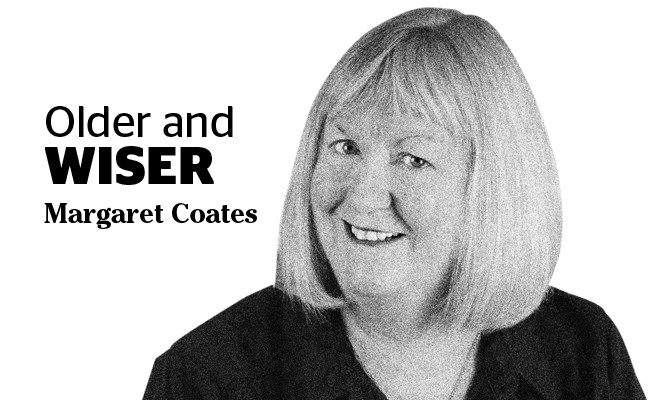Getting around is challenging for many seniors but there are some helpful transportation options available.
According to a new report released by the Office of the Seniors Advocate on Feb, 2, HandyDART, while problematic for some, is mostly meeting the needs of its passengers. HandyDART is a door-to-door service provided by Translink, BC Transit and others to provide service to those people who can’t access other means of transportation without assistance. The majority of users are 65 years or older, and last year HandyDART provided 2.37 million rides.
But since HandyDART is reserved for users who have physical or cognitive disabilities, many seniors don’t meet the eligibility criteria. Seniors may have lost their licences due to age-related factors, such as failing eye sight and hearing loss, but may not be eligible for HandyDART. Many seniors who are eligible for HandyDART may require daily bus service and the cost is often prohibitive.
According to the report, 28 per cent of those whose income is very low said they would use HandyDART more if it cost less. Many seniors might live in an area that does not have transit near them and they are not eligible for HandyDART.
Seniors may have difficulty getting around because they do not have a car or cannot afford to run one. While you are on a fixed to low income it may not be possible to meet operating expenses such as insurance, maintenance and licencing.
Transportation is a key factor in keeping seniors active in the community, for decreasing isolation and increasing socialization. As Annwen Loverin from Silver Harbour Seniors Activity Centre says, “Transportation might be expensive, but it is incredibly valuable to stay connected to the people and programs that support a senior’s well-being.”
Seniors isolation caused by a lack of transportation options can seriously affect people’s health.
On the North Shore, alternative transportation, such as that provided by the Go Bus run by Silver Harbour, tries to fill a transportation void.
The centre runs a low-cost, door-to-door bus service three times a week, picking up seniors and dropping them off at appointments, shops and other destinations. It also runs the Ride Line for seniors who live in poorly served areas and also require some assistance.
The Capilano Seniors Hub program also offers a transportation program. Their website states: “it is particularly beneficial, since experience has shown that about 90 per cent of participating seniors have physical and/or health problems, which restrict their ability to use public transportation, including HandyDART.”
More alternative transportation services are offered across the North Shore by Parkgate Community Services, the Better at Homes Program and the West Vancouver Seniors’ Activity Centre.
Alternative transportation options can be found in the Seniors Resource Guide, which is being revised and will be available soon. It’s expensive to provide a safe, accessible bus or car service for seniors, and funding can be a challenge. Fortunately some funders understand the importance of the service and have contributed to the programs.
Some organizations are working on more lasting transportation strategies.
STAR, a division of Better Environmentally Sound Transportation, has a mission to work with senior-serving agencies to advance, innovate and improve transportation for seniors. Currently, they are co-ordinating Seniors on the Move, a three-year project funded by New Horizons that aims to improve and innovate transportation options for seniors in Metro Vancouver in order to fight social isolation.
STAR also advocates for seniors or soon-to-be seniors to look to their future needs.
Loverin says, “ I hope we can all think ahead about what our personal transportation needs might be in future years, plan our lives as best we can to meet these needs, and not be afraid to spend some of our resources on getting around.”
Consider taking a taxi: the cost might be worth it. For many of us, getting out and about is just what the doctor ordered.
Margaret Coates is the co-ordinator of Lionsview Seniors’ Planning Society. She has lived on the North Shore for 47 years and has worked for and with seniors for 20 of those years. Ideas for future columns are welcome. [email protected]



